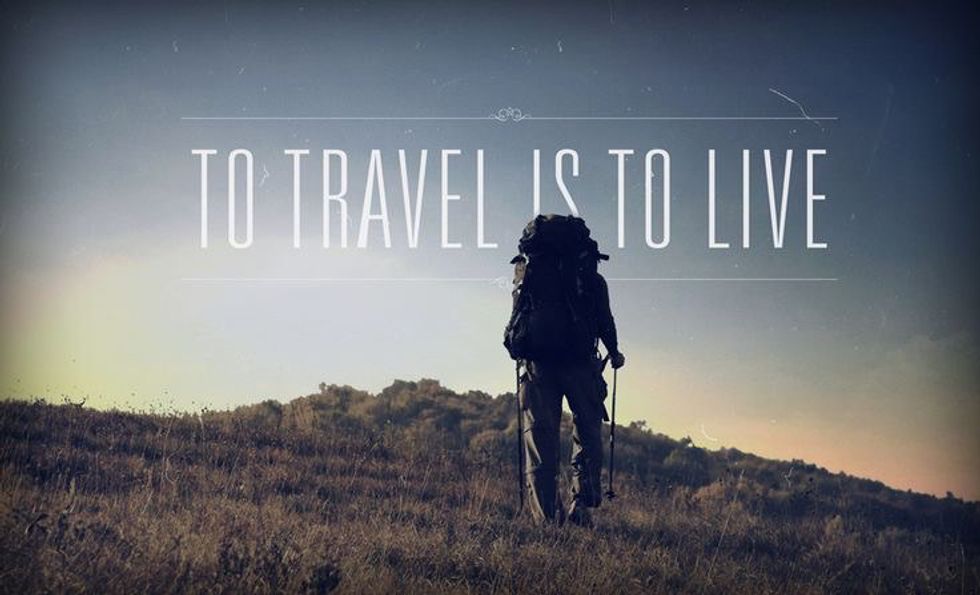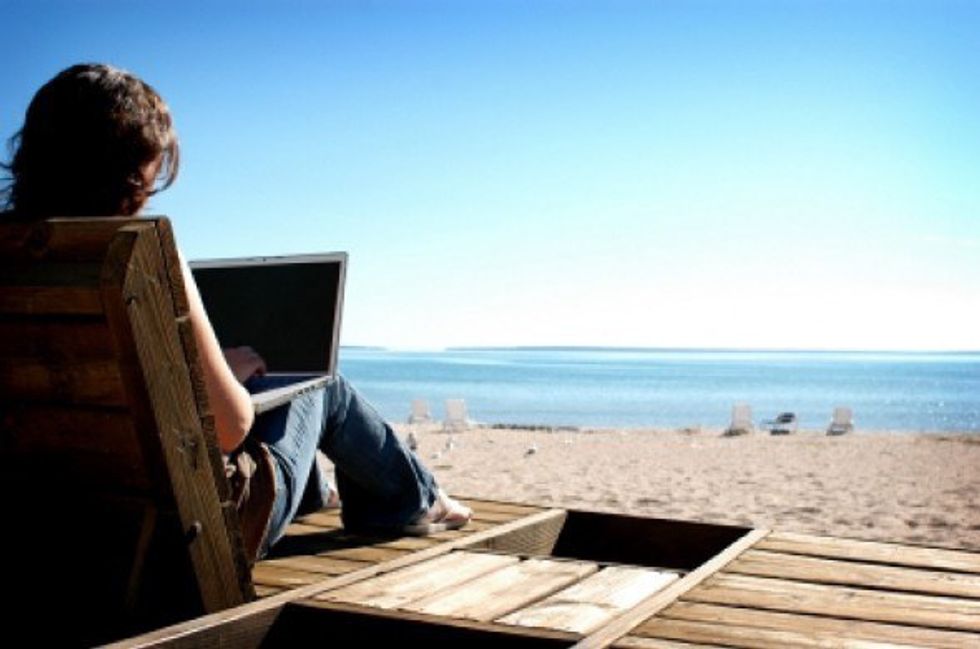As millennials have slowly, but surely, taken over the working environment, they have brought innovation with them. Our idea of innovation wasn't to change just a few things, but rather to completely turn everything around, to break stigmas and to understand that the workplace shouldn't be defined by that boring, 4x4 cubicle so many of us dread. The so-called "American dream" has a completely different meaning than it did around the time our parents were just discovering the world. Living the dream can now mean so much more than just a steady job, picket fences, and a happy family. We now have so many different interpretations of success, while to some it may still be a big house and a six-figure income, to others it means owning their own apartment in the city, adopting a dog and providing it a great life, but most of all, to be able to travel whenever and wherever their little hearts desire.
We found out that allowing employees to nap in the office, bring their pets to work and even wear whatever they want turned out to be far more productive than expecting a human to work for copious hours, taking as little breaks as possible. However, even with these dynamics proving to increase efficiency, there are still businesses that haven't caught up to the trend yet, which is why so many young professionals have chosen to drop everything and travel the world. Except, we all know that traveling can be costly, so those who've chosen the life on the road had to find a way to make a profit while still living the dream of trading a normal, working life, for an adventure-fueled lifestyle. Meet the digital nomads, the brilliant and hardworking voyagers who, somehow, have managed to use technology to their favor and jump from one country to the other, as they please.
Digital nomads, as the name suggests, are people who use technology to live a more flexible, nomadic lifestyle by using the Internet and telecommunications as their main source of income. Also known as travel bloggers, these are people who've managed to make a living out of a nomadic lifestyle and now travel the world in order to satiate their ever growing wanderlust and write about their travel experiences. Their main goal is to incentivize people to do the same, to realize how a travel-filled lifestyle is doable for almost anyone, even for those who only get paid leave for 2 weeks out of the year. Digital nomads share tips and insider knowledge on traveling smart, they dare to adventure and experience amazing things so you can read about them and be inspired to embed that kind of excitement into your own life.
According to a website called Digital Nomad Academy, in order to become a digital nomad, aside from having a strong yearning to travel the world and wanting to make the most out of your life, one must first "break out of the unconscious, destructive cycle that the modern capitalist system is incentivized to keep you in — as a 'productive' cog in the machine, never fulfilled but always chasing the next promised reward, running the treadmill continually churning out profits for the people at the top of the hierarchy." While that does sound somewhat extreme, it is disconcertingly true, and most of the travel bloggers and adventurers who have managed to make a living out of constantly displacing themselves can and will attest that it was their boring, ordinary lives that motivated them to search for something bigger, something with more purpose than just working until you die.
The path to creating a unique and bold lifestyle, however, isn't easy. Although the perks that come with it eventually make it all worthwhile, it takes time, patience and sweat to get to a place where people will pay you to travel and try out fun travel-related services and products. "It requires making decisions others will not make, it requires expanding your comfort zone to areas that others simply will not go," reads the guidelines at Digital Nomad Academy. Indeed, traveling solo and living for that can be a strenuous task that really isn't for anyone, despite most of us loving the idea of waking up by a paradisiac beach and having flexible schedules. Making a living off being a nomad requires a lot of dedication, time, willingness and understanding that you're going to be alone for most of the time and that you're the one supposed to take responsibilities on to your own hands and make do with a crazy (or sometimes nonexistent) routine.
The good thing, however, is that there are many different types of digital nomads out there, which also means the opportunities for choosing this lifestyle are readily available. Becoming a digital nomad doesn't necessarily mean you can't have a fixed address, it just means you'll be hopping from one location to another and take smaller breaks in between travels to stay at home, which, ironically, could be considered the part of the job where you actually get to take a break. The skill set required is actually pretty relative to what kind of niche you approach, yet, good writing skills and a sense of how to manage a business are imperative. After you've learned how to motivate yourself and be productive despite having no set routine, you're pretty much set on the basic skills needed to make a profit from traveling.
There are plenty of websites geared towards how to actually become a digital nomad, where most of them also share incredible stories of people who've chosen this path and have been doing it like it's their calling in life. In order to actually become successful in your travels and to entitle yourself as a digital nomad, aside from all the logistics and skills you must have, a passion for traveling and a drive are essential for one to actually appreciate that lifestyle and make such a life-changing decision. You need to know, with absolute certainty, that this is what you're meant to do, because, along with the perks come the setbacks, knowing that while traveling for a living means you get to make a lot of friends on the road, most of the people you truly care for and love will live far away from you. Yet, thanks to the Internet (and globalization, of course) keeping in contact has become an easier feat - plus, with all the things you learn along your travels, people you meet and places you visit, you eventually make a home out of the whole world.




























